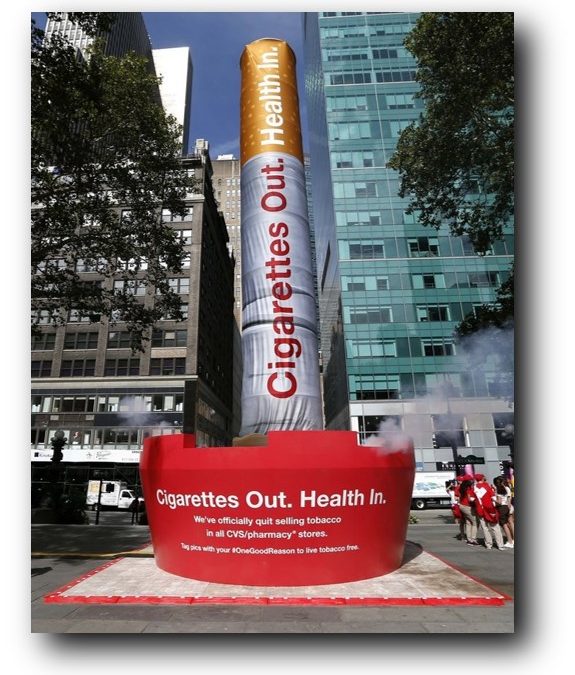
As cities and towns in Massachusetts consider whether to allow marijuana-related uses in their communities, many are doing the math and deciding it’s not worth it.
Westborough was the first to “Opt Out” AND others are following suit having asked themselves whether increased drug use and it’s predictable impacts on youth use rates, adult heavy use of an increasingly potent drug, and youth and adult addiction, are compatible with the brand of their communities.
The media loves headlines pronouncing the amount of revenue that taxing marijuana commerce may bring into states. But as is often the case with marijuana coverage, rarely do reporters inquire deeply and rarely do they put marijuana revenue into the context of public health, enforcement and societal costs, and seldom do they do the math.
In the business world, any potential revenue stream is weighed against ability to meaningfully contribute to the financial health of the company and against its costs. The same should be true for revenue derived from State and Federal policy.
The possibility of $100 million a year in state tax revenue from commercializing marijuana is getting a lot of press in Massachusetts for example.
$100 million in revenue per year would contribute a mere .002% of the State’s annual ($40.1 Billion) budget. It takes around $110 million PER DAY to run the State. So all the revenue would net Massachusetts less than one day’s operating needs.
Continue reading When it Comes to Marijuana, Some Revenue is Not Worth Taking